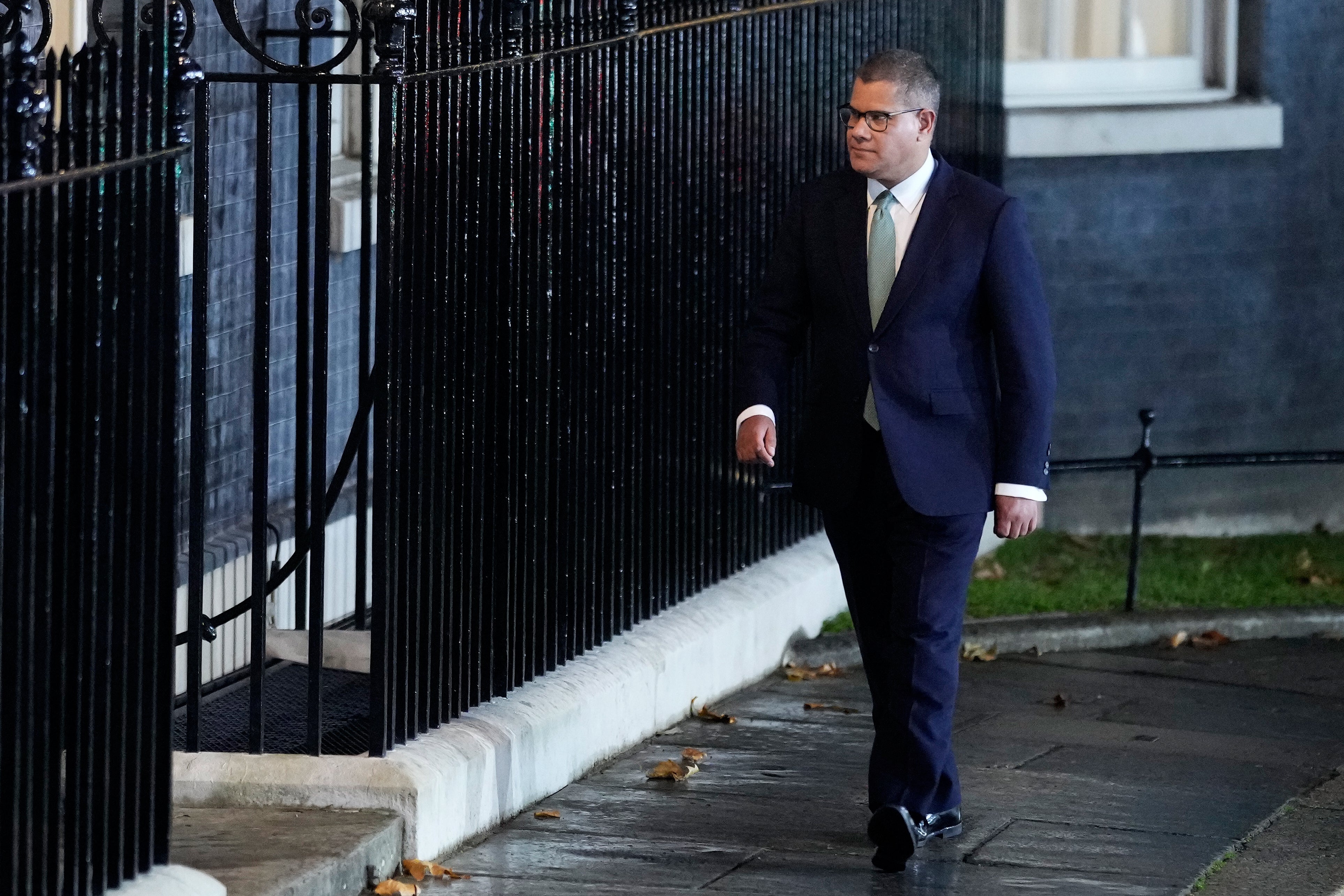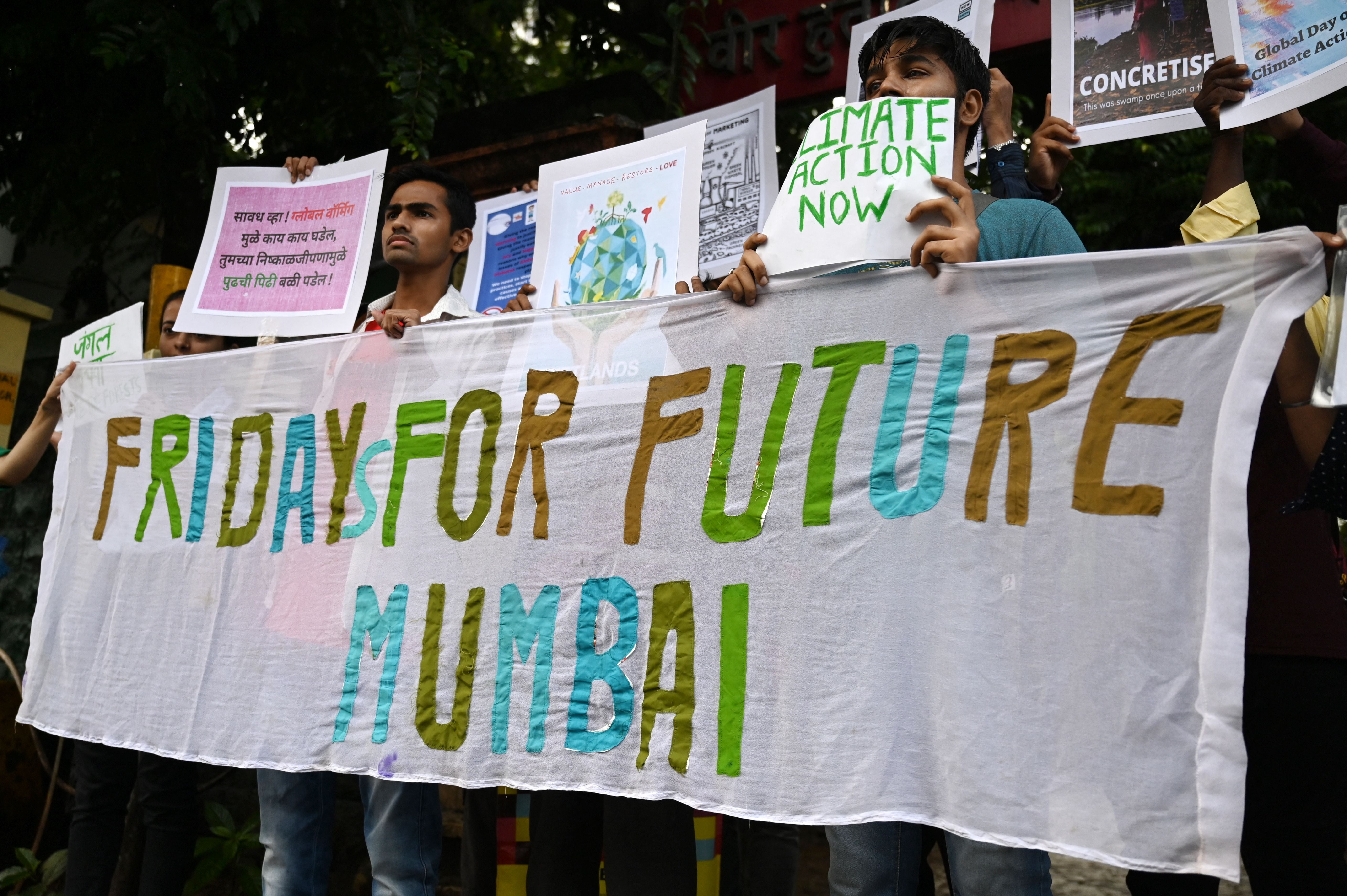Rich countries fail to strengthen climate plans ahead of UN deadline
The majority of the G20 failed to submit new or strengthened plans to cut emissions to the UN by September deadline
Your support helps us to tell the story
From reproductive rights to climate change to Big Tech, The Independent is on the ground when the story is developing. Whether it's investigating the financials of Elon Musk's pro-Trump PAC or producing our latest documentary, 'The A Word', which shines a light on the American women fighting for reproductive rights, we know how important it is to parse out the facts from the messaging.
At such a critical moment in US history, we need reporters on the ground. Your donation allows us to keep sending journalists to speak to both sides of the story.
The Independent is trusted by Americans across the entire political spectrum. And unlike many other quality news outlets, we choose not to lock Americans out of our reporting and analysis with paywalls. We believe quality journalism should be available to everyone, paid for by those who can afford it.
Your support makes all the difference.The world’s richest countries have failed to update their climate goals in time to meet a United Nations deadline ahead of a key climate summit in Egypt.
The majority of the G20 group of the world’s richest and largest developing nations failed to submit new or strengthened plans to cut their emissions to the UN by 23 September.
This is despite the fact that they collectively represent around 80 per cent of the world’s gross domestic product and account for the same proportion of global emissions.
Out of the group of 20 nations, which includes the European Union, only the United Kingdom, Indonesia, India, Australia, Brazil and Korea did so.
A crucial outcome of the Glasgow climate summit last year, signed off by 197 countries, was a request for countries to “revisit and strengthen” their 2030 climate plans in 2022.
It matters because analysis showed that countries’ 2030 plans at Cop26 would result in 2.4C of global heating by 2100, far above the Paris aim of keeping temperatures well below 2C and ideally at 1.5C.
Cop 26 president Alok Sharma said in a speech this summer that “every country” must respond to the call to revisit and strengthen their Nationally Determined Contribution to reducing greenhouse gas emissions – “particularly the G20.”
“They must do so not at some vague point in the future, but by 23 September this year,” he added.
Only 23 nations in total, including the six members of the G20, submitted updated plans.

The United Kingdom’s updated submission explains more fully how the UK will deliver its plans without changing its commitment to reduce emissions by at least 68 per cent by 2030 compared to 1990 levels. This is the approach recommended by the UK’s independent climate change committee.
Australia was one of the G20 countries that significantly upped its ambition, submitting a new target of reducing greenhouse gas emissions by 43 per cent below 2005 levels by 2030 earlier this year. This, it says, will put Australia on track to achieve net zero emissions by 2050, and is a 15 percentage point increase on its previous 2030 target.
Australia’s new centre-left government came to power earlier this year on a platform of greening the nation, and has attempted to shake off the country’s previous reputation as a laggard on climate action.
India, the world’s third largest emitter, submitted plans to reduce the emissions intensity of its GDP by 45 per cent by 2030 from 2005 levels, compared to its earlier goal of 33-35 per cent.
South Korea updated its target to reduce emissions from a 26.3 per cent reduction from the 2018 level up to a 40 per cent reduction.
Indonesia strengthened its target to reduce emissions by 31.89 per cent by 2030 compared to a business-as-usual scenario, up from 29 per cent in its previous commitment.

And Brazil said it was committed to reducing its greenhouse gas emissions by 50 per cent by 2030, compared with 2005. Although the Climate Action Tracker says this commitment is weaker than its original one made in 2016.
Tom Evans, a policy adviser in climate diplomacy and geopolitics at climate change think tank Third Generation Environmentalism, said the lack of many new climate targets was “deeply disappointing” but not surprising.
“World leaders in the biggest emitting countries are facing multiple crises, yet they have not realised that accelerating climate action is the solution to rising energy prices, stimulating economic growth and securing peace,” he said. “Cop27 is the chance for leaders to come with new climate plans, backed up with concrete steps to make them reality.”
Gareth Redmond-King, the international lead at the Energy Climate Intelligence Unit, which aims to promote informed debate on energy and climate in the UK, said just because there was an absence of new targets did not mean there was an absence of climate action.
He pointed to the fact that the United States and China, the world’s biggest emitters, have committed unprecedented levels of spending to the clean transition and reports that the European Union plans to raise its target to tackle climate change but is unlikely to do so until after Cop27 in Egypt.
The European Union has been racing to end reliance on Russian gas, after Moscow shut off much of it flowing to the bloc following its invasion of Ukraine.
“Even without new UN targets, momentum to a cleaner, more secure future is well underway,” he said. “Renewable costs are falling as gas prices surge, making it increasingly clear that climate solutions drive growth, cut energy bills, protect food supplies, and undermine funding for Russia’s war machine.”




Join our commenting forum
Join thought-provoking conversations, follow other Independent readers and see their replies
Comments